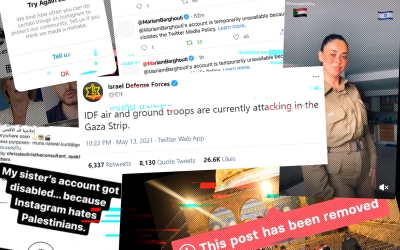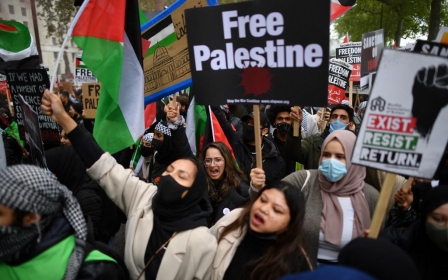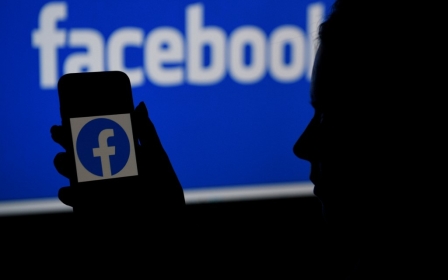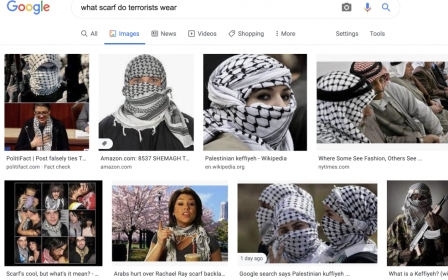Facebook slammed for advertising properties in illegal Israeli settlements on Instagram
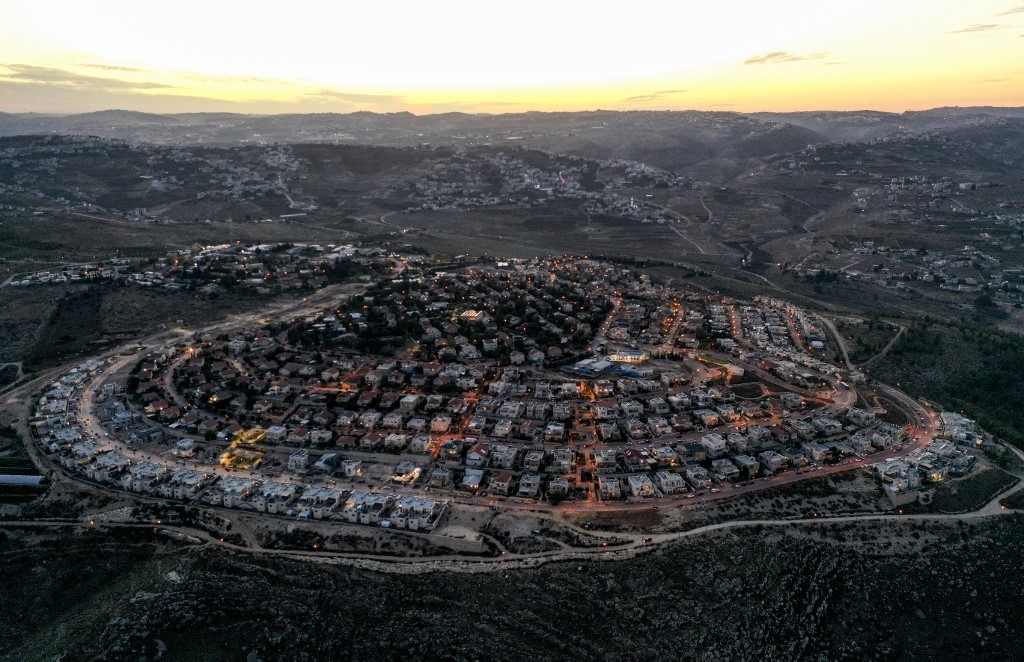
Facebook is being criticised for letting companies advertise the sale of property in illegal Israeli settlements on Instagram, amid continued outrage at the social media giant's alleged censorship of Palestinian accounts in recent weeks.
Images posted online showed an Israeli company advertising properties in the northern occupied West Bank settlement of Beit Aryeh-Ofarim on Instagram, the social media platform owned by Facebook.
New MEE newsletter: Jerusalem Dispatch
Sign up to get the latest insights and analysis on Israel-Palestine, alongside Turkey Unpacked and other MEE newsletters
Facebook, like other social media companies, is facing mounting pressure over its policing of pro-Palestinian content in the wake of the recent deadly escalation in Israel and Palestine, which has left some 292 people dead.
Twitter, TikTok, Instagram and Facebook have all been accused of banning, blocking or restricting accounts that published photos of the Israeli bombardment of civilians in the besieged Gaza Strip.
The social networks have also been accused of restricting posts that included the words or hashtags "Palestine", "resistance", "Israel", "Hamas", and "al-Aqsa."
In a bid to beat the algorithms, activists and other social media users have taken to not writing the words "Israeli" or "Palestinian", or using an alternative Arabic font, fearing that their posts could be suppresssed.
Israeli settlements in the occupied West Bank and East Jerusalem breach the Fourth Geneva Convention, which outlaws the transfer of a civilian population into militarily occupied areas.
Approximately 600,000 Israelis live in 140 illegal settlements across the West Bank, which has been occupied by Israel since 1967.
In 2020, the UN human rights office (OHCHR) published a list of 112 businesses that operate in Israeli settlements. Among these companies were Airbnb, Booking.com, Expedia and Motorola Solutions, which stand accused of profiting from trade with Israeli settlements.
"The report makes clear that the reference to these business entities is not, and does not purport to be, a judicial or quasi-judicial process," the OHCHR said.
"While the settlements as such are regarded as illegal under international law, this report does not provide a legal characterisation of the activities in question, or business enterprises' involvement in them."
Amid the most recent escalation of violence, calls for boycotts and sanctions against Israel and companies benefitting from its breaches of international law have once again come to the fore.
Middle East Eye delivers independent and unrivalled coverage and analysis of the Middle East, North Africa and beyond. To learn more about republishing this content and the associated fees, please fill out this form. More about MEE can be found here.


